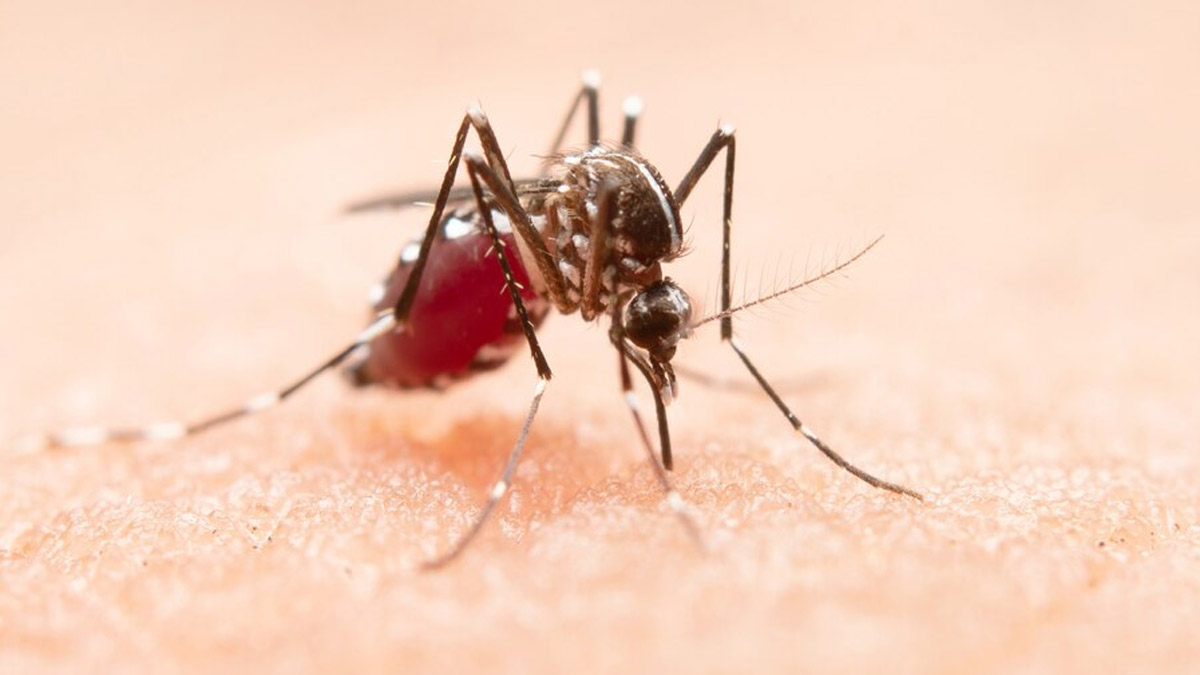
With a surge in Zika virus cases in Pune, the total number of reported cases in Maharashtra has risen to eight. In response, the central government has issued an advisory to all states, emphasising the necessity for constant vigilance against the virus. The Zika virus, primarily transmitted by Aedes mosquitoes, which are active during the day, can also spread through sexual contact and from a pregnant person to the foetus.
Table of Content:-

The advisory recommends that states maintain continuous surveillance for Zika by screening pregnant women and monitoring foetal growth in expectant mothers who test positive for the virus. States are also urged to promote awareness through precautionary information, education, and communication messages on social media and other platforms. These efforts aim to reduce public panic and improve vector control activities in residential areas, workplaces, schools, construction sites, institutions, and health facilities.
Current Situation
The officials have stated that the Union Health Ministry is closely monitoring the situation, with cases currently reported only in Maharashtra. As of July 2, a total of eight Zika virus cases have been reported in Maharashtra, with six in Pune, one in Kolhapur, and one in Sangamner. Also, two cases involve pregnant women.
Also Read: Pune Reports 1st Case of Pregnant Woman With Zika Virus: Learn About Its Risks During Pregnancy
Symptoms Of Zika Virus

According to the World Health Organization (WHO), the majority of individuals infected with the Zika virus do not show any symptoms. For those who do, symptoms usually appear 3–14 days after infection and are typically mild, including rash, fever, conjunctivitis, muscle and joint pain, malaise, and headache, generally lasting 2–7 days.
Diagnosis For Zika Virus
According to the WHO, individuals exhibiting symptoms and residing in or having visited areas with Zika virus transmission and/or Aedes mosquito vectors may be suspected of having a Zika virus infection.
A confirmed diagnosis of Zika virus infection requires laboratory testing of blood or other body fluids and must be distinguished from related flaviviruses like dengue virus, to which the patient might have been exposed or previously vaccinated.
Also Read: What Is Zika Virus? Know The Symptoms, Causes, Treatment, And Prevention
Treatment For Zika Virus

According to the Centers for Disease Control and Prevention (CDC), there are no antiviral treatments available for Zika virus disease. Treatment primarily involves supportive care, including rest, fluids, and the use of analgesics and antipyretics.
To reduce the risk of haemorrhage, aspirin and other Non-Steroidal Anti-Inflammatory Drugs (NSAIDs) should be avoided until dengue has been ruled out. Pregnant individuals with laboratory evidence of Zika virus infection should be carefully monitored, with close management during pregnancy and thorough evaluation of live-born infants for clinical features associated with intrauterine infection.
According to a 2016 study, general preventive measures focus on avoiding mosquito bites. These include personal protection, such as wearing long pants and light-coloured clothing, using insect repellents, and sleeping under bed nets, especially during peak Ae. aegypti biting times, which are early morning and late afternoon.
Community strategies aim to reduce mosquito breeding by eliminating potential egg-laying sites, such as potted plant saucers, water storage units, and used tyres, by drying wet environments or applying insecticides. Pregnant women in non-endemic countries are advised against travelling to areas affected by the Zika virus.
[Disclaimer: This article contains information for informational purposes only, hence, we advise you to consult your own professional if you are dealing with any health issues to avoid complications.]
Also watch this video
How we keep this article up to date:
We work with experts and keep a close eye on the latest in health and wellness. Whenever there is a new research or helpful information, we update our articles with accurate and useful advice.
Current Version
